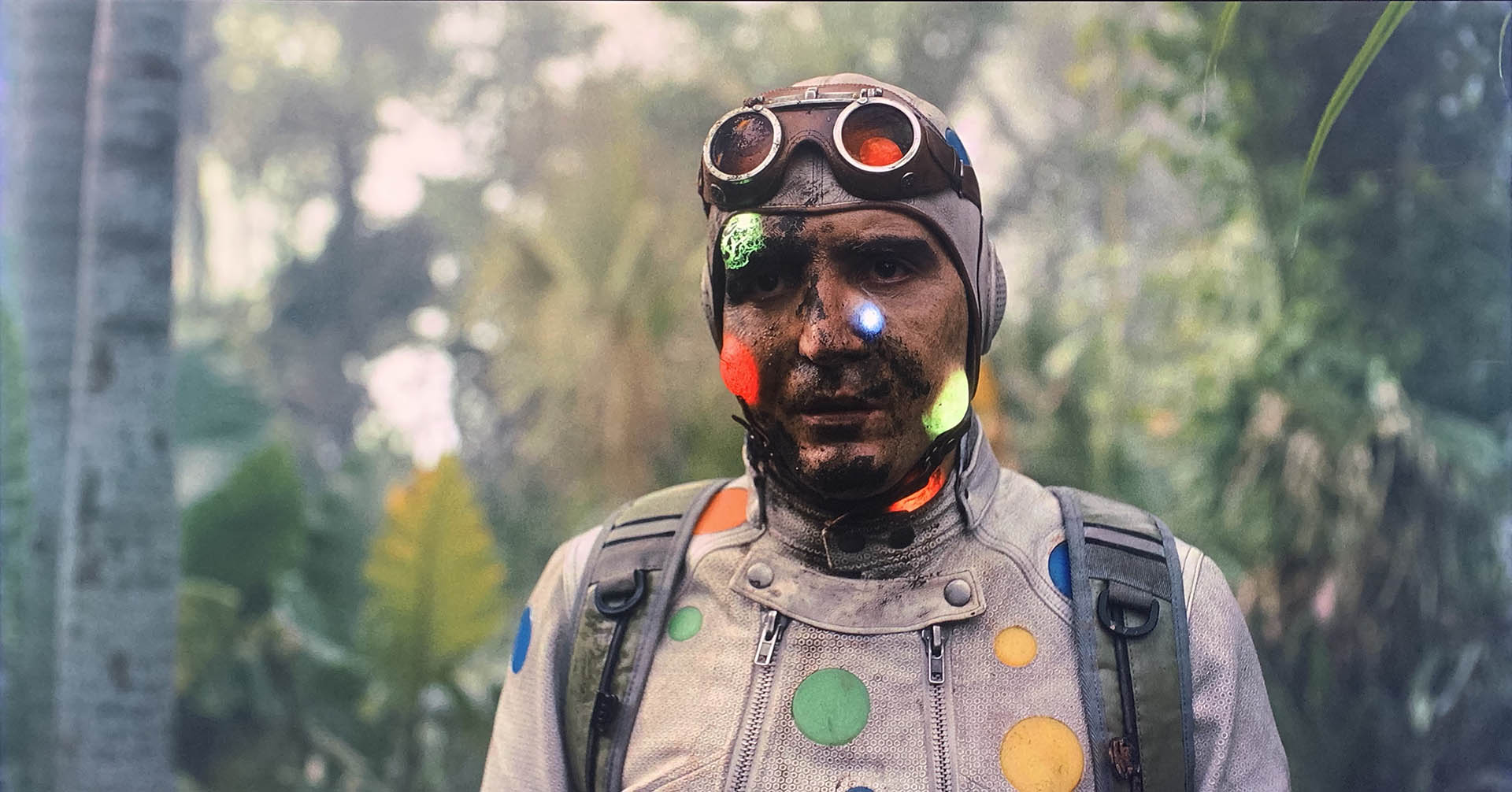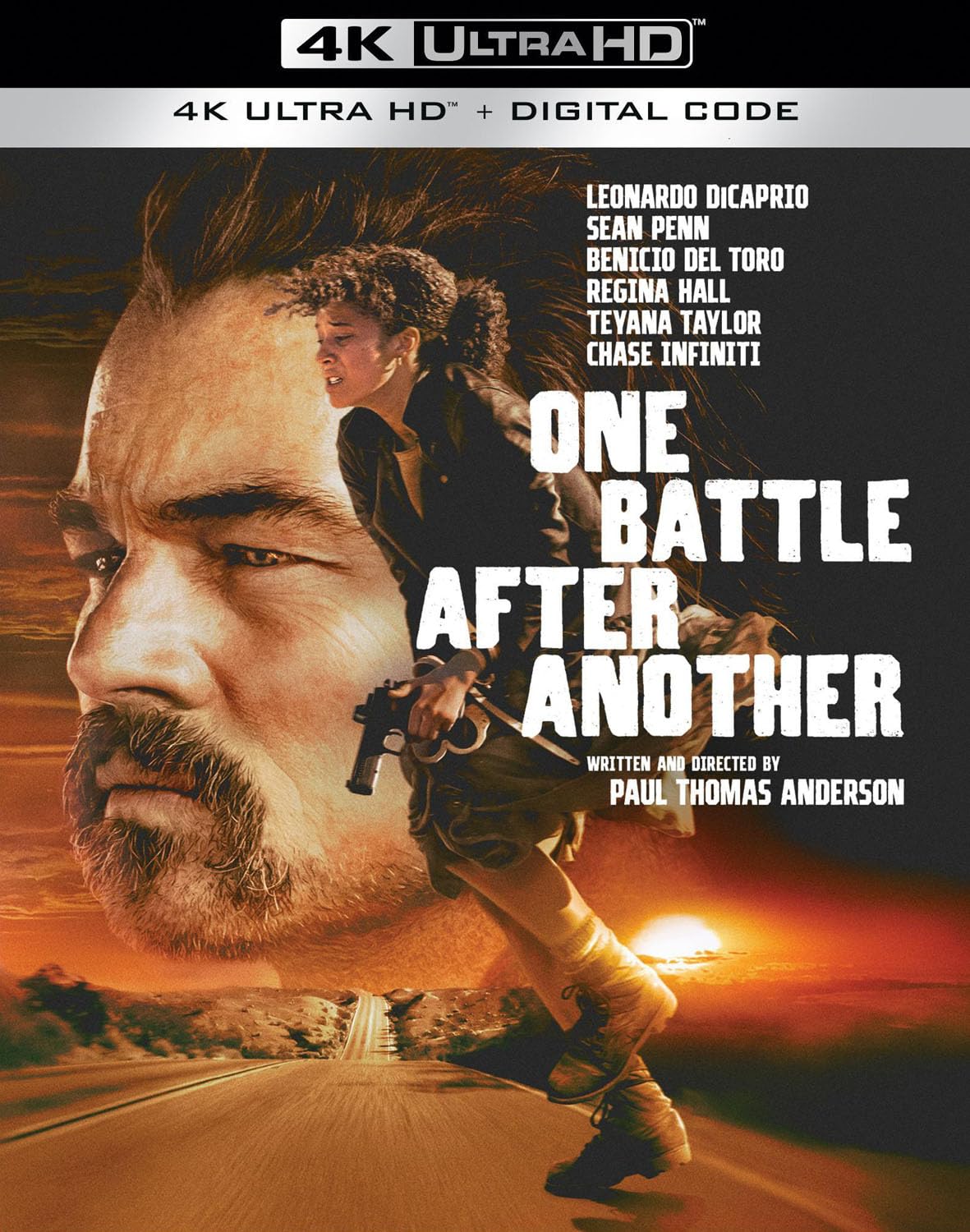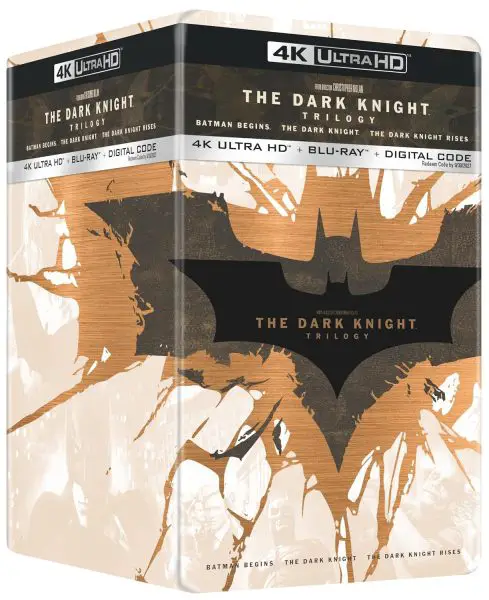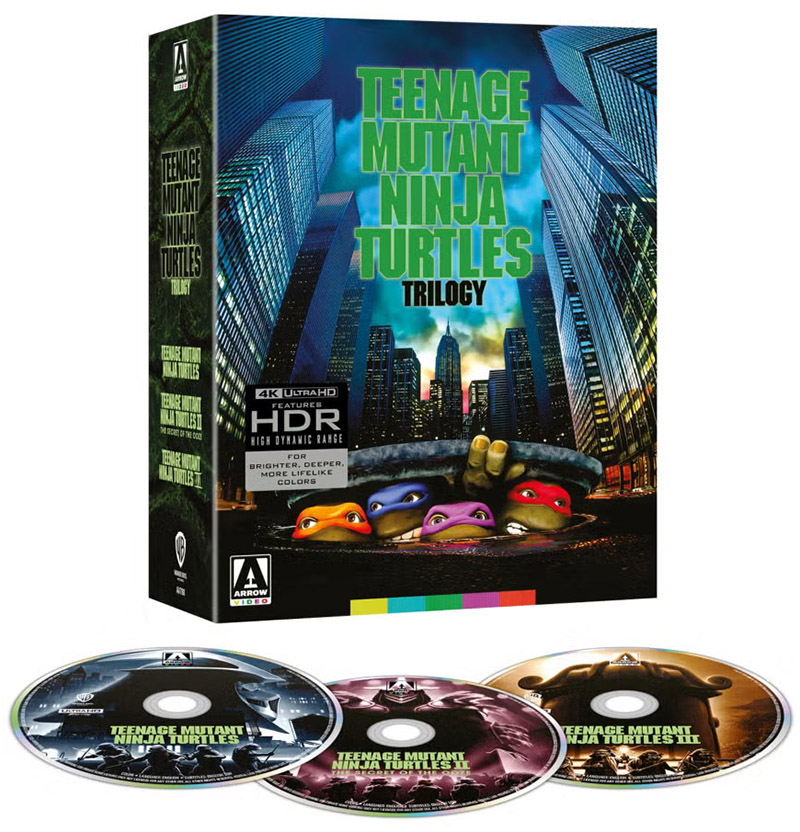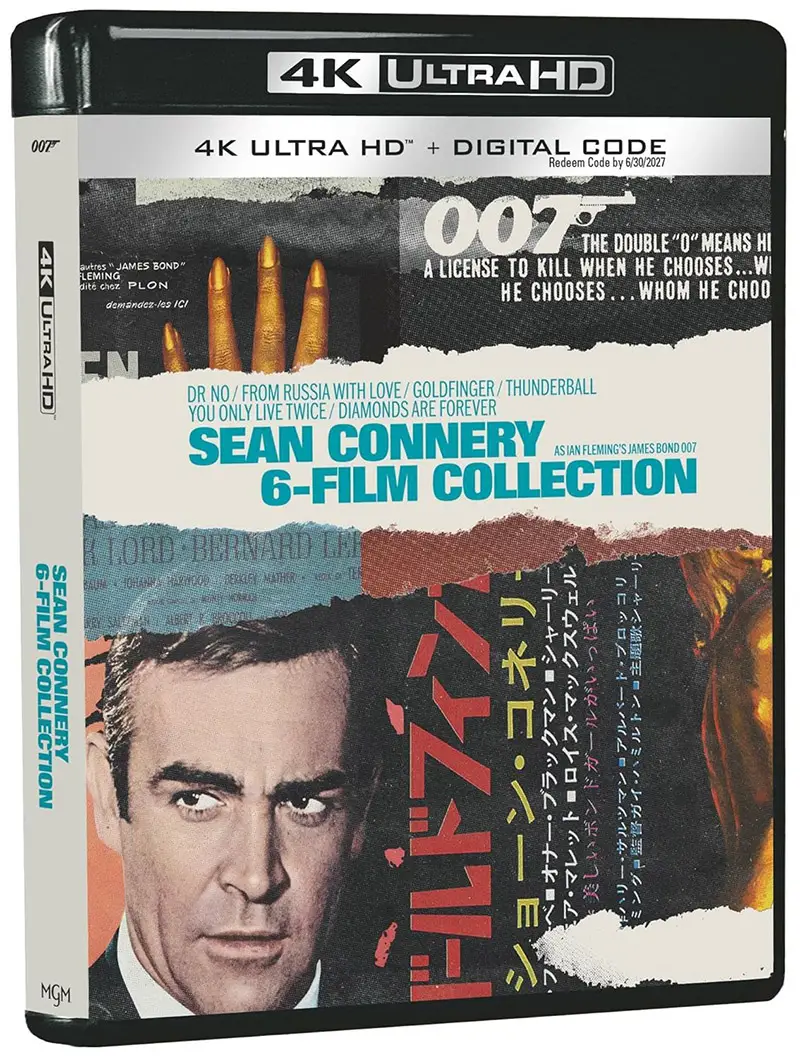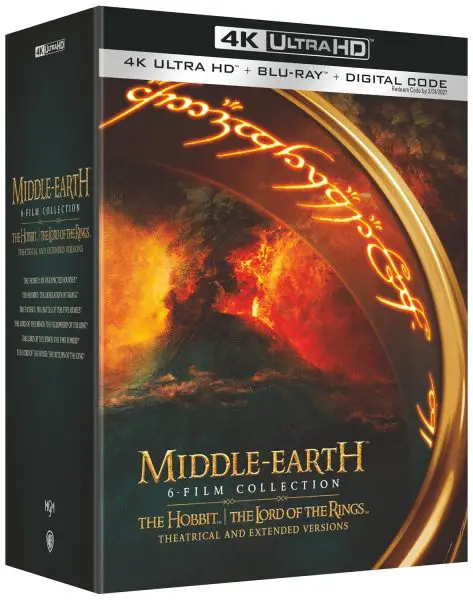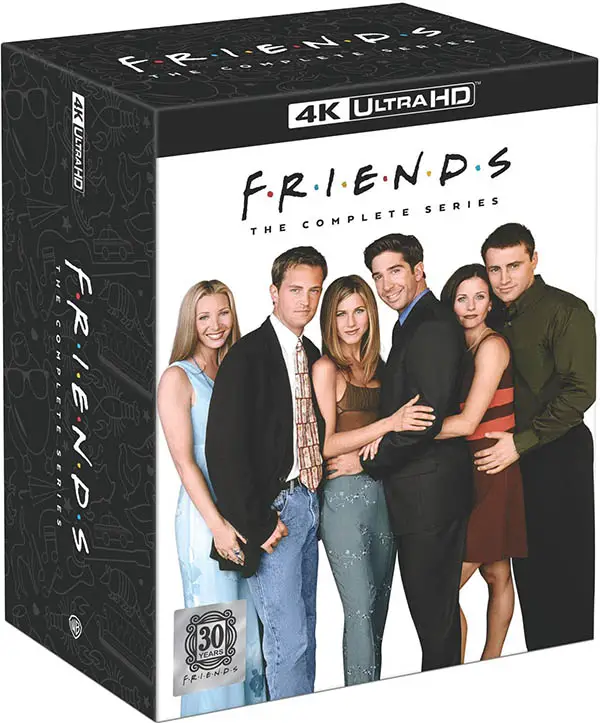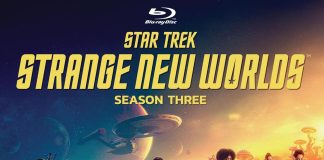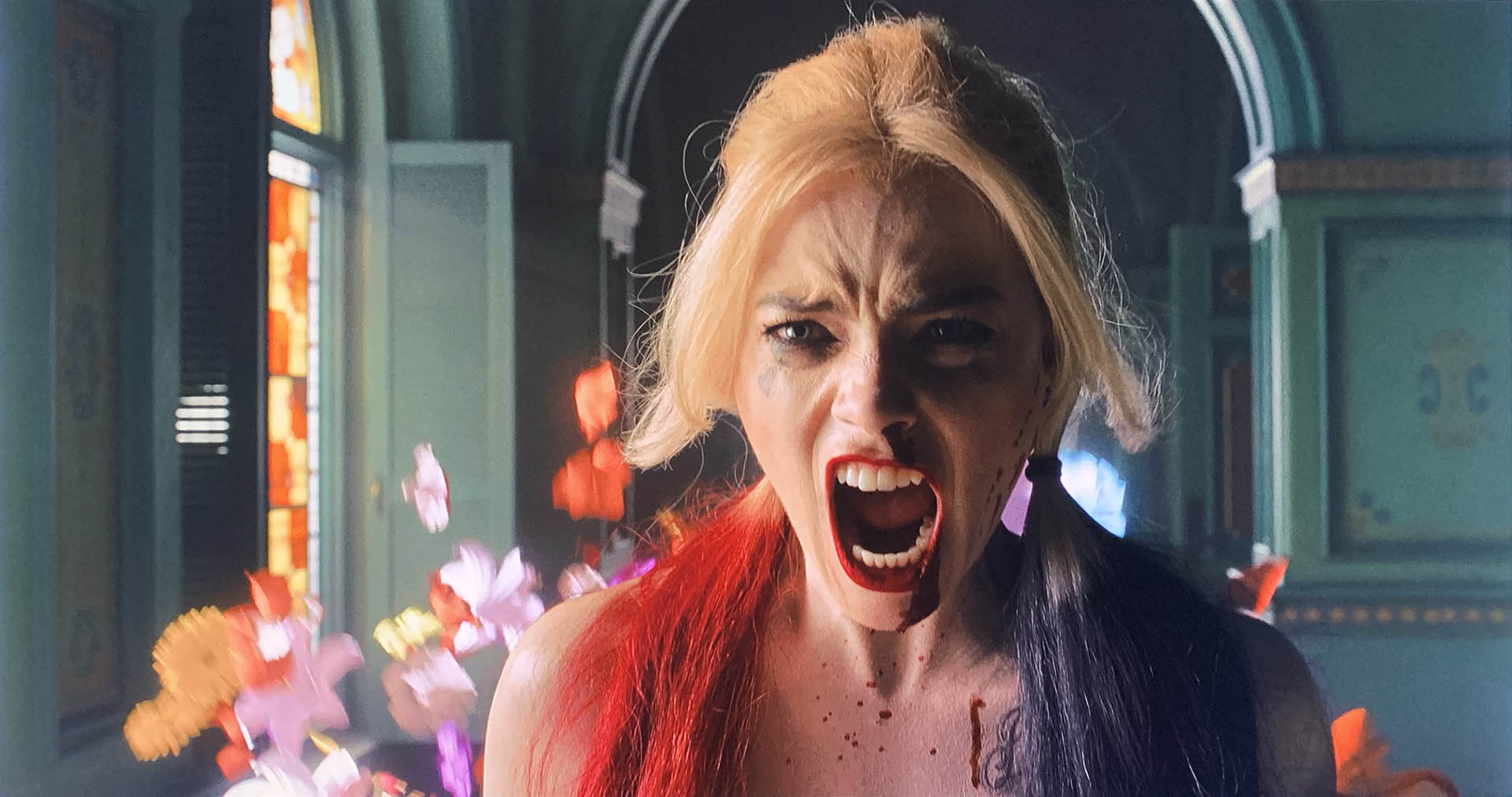 One second, heads are bursting like water balloons, blood flying everywhere. The next, two characters are sharing heartfelt tales as they overcome childhood trauma. James Gunn’s The Suicide Squad is a chaotic mess, pinballing back and forth between various genre extremes. But, in the end, it works. In fact, it works pretty damn well.
One second, heads are bursting like water balloons, blood flying everywhere. The next, two characters are sharing heartfelt tales as they overcome childhood trauma. James Gunn’s The Suicide Squad is a chaotic mess, pinballing back and forth between various genre extremes. But, in the end, it works. In fact, it works pretty damn well.
When Gunn first took the reins as director of the soft-reboot of/ follow-up to 2016′ Suicide Squad, there was a unanimous consensus. Everyone agreed it was going to be good. After sustaining a respectable years-long career as an outside-the-box director in Hollywood, Gunn was propelled into mainstream stardom thanks to his direction of Marvel’s Guardians of the Galaxy. Gunn knew how to make an eccentric group of outsider anti-heroes not only likable but lovable.
So, when Disney fired him from directing Guardians of the Galaxy Vol. 3 (Gunn was later rehired), DC saw the perfect opportunity. Everything Gunn had accomplished with Guardians, he could do with their like-minded collection of outsiders — the Suicide Squad. The only difference being, this time he could do it without the constraints of the family-friendly Disney brand. In other words, this time James Gunn could work his magic with an R-rating.
Tonally, there certainly is a bit of Guardians of the Galaxy in Gunn’s latest box office outing. But, surprisingly, the film also preserves the feel of its predecessor as well. Both feature hitmen who have strained relationships with their daughters as the lead characters. Harley Quinn plays an important emotional role in both movies. Both have an assortment of dark and quirky characters with competing agendas. And both have the heroes facing off against an extremely powerful creature that can turn civilians into its own foot soldiers.
It really is a stroke of genius. Although most critics thoroughly despised the initial Suicide Squad film, it did garner a large fan-following and, by many measures, was a box-office success. The Suicide Squad manages to please both fans of the first film and audiences who want to pretend that its predecessor never existed.
The story jumps around quite a bit, going back and forth in time, switching between various character perspectives. It can feel a bit jarring at times. Nevertheless, it manages to pull together quite nicely. Partially, this is due to the strength of the main cast.
Idris Elbas’ Bloodsport is the perfect lead for this movie. I’m essence, he is a much better version of Will Smith’s Deadshot. He’s funnier, the relationship with his daughter (the character’s primary motivation in the film) feels more genuine, his weapons and abilities are legitimately cool and, overall, his emotional development over the course of the film is heart-touching.
